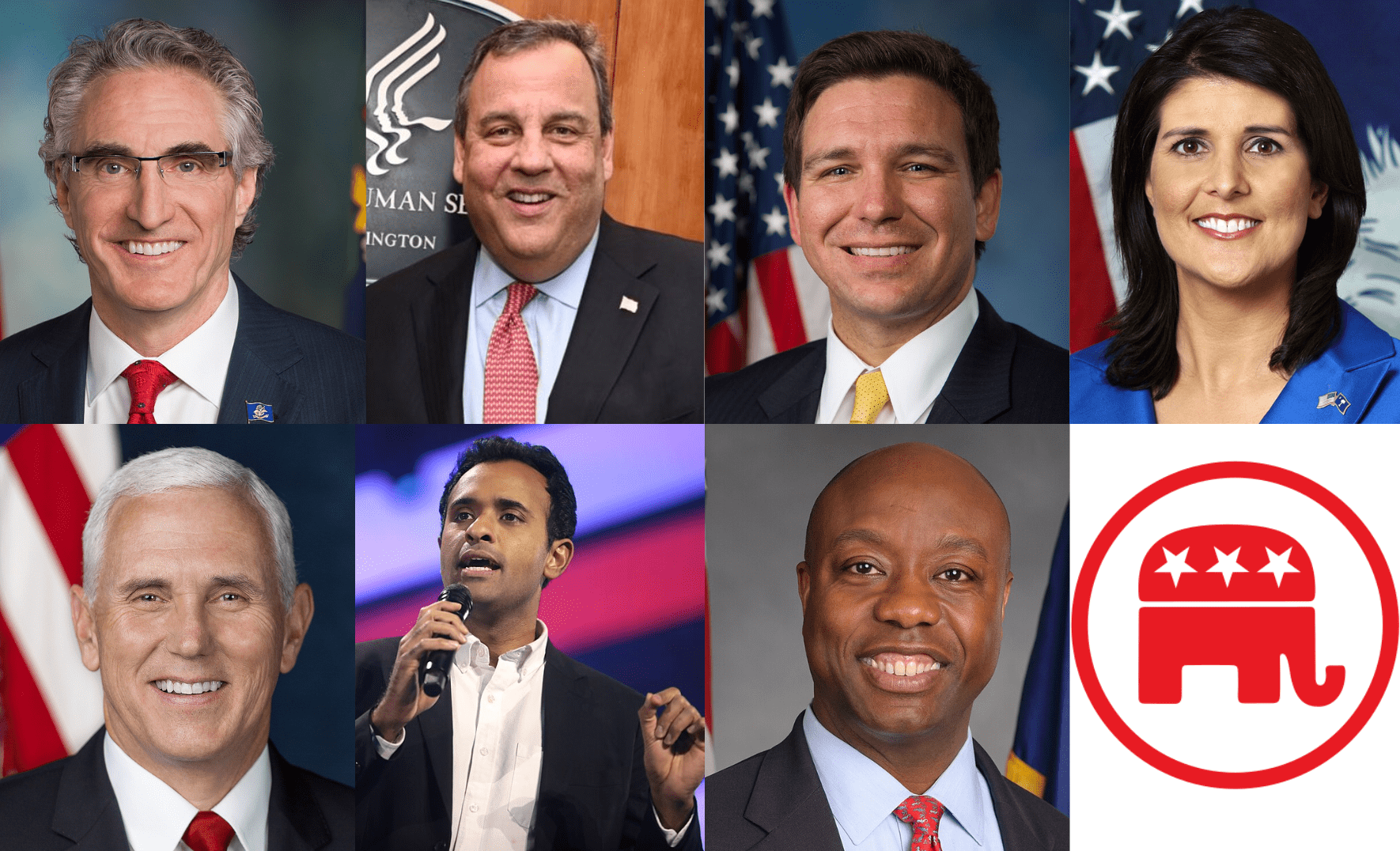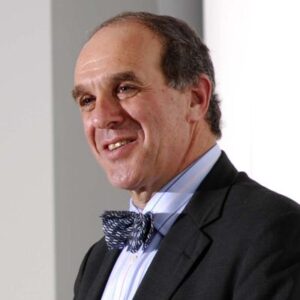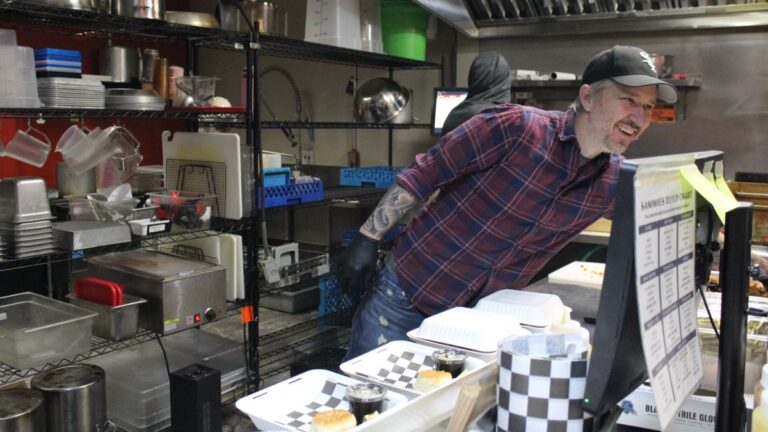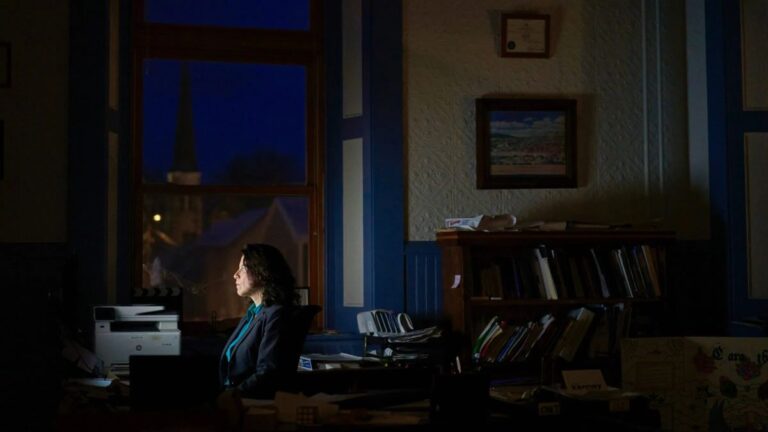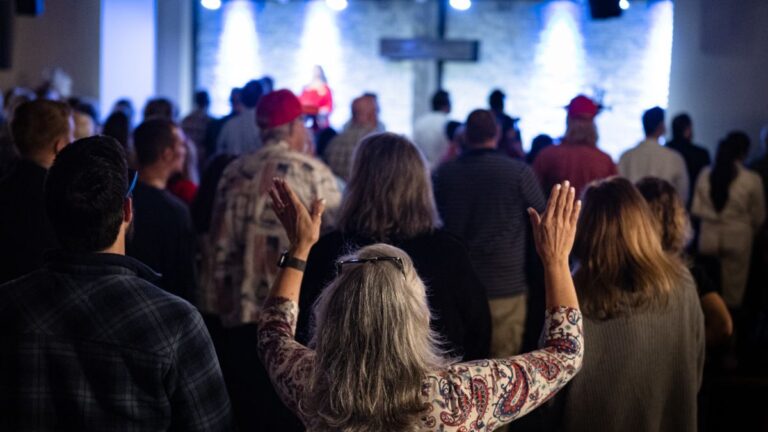The Republican presidential debates begin in Milwaukee on Wednesday, aired on Fox.
Nothing strange about that. Debates in the party not controlling the White House often begin in late summer before the year of the presidential election, the first step in the process of winnowing a large field of would-be candidates to a smaller number.
Nothing odd about Milwaukee. Wisconsin is a battleground, chosen to showcase the party’s candidates in a state that will matter in the fall of 2024.
Nothing strange about Fox, the network of choice for many on charges Republicans.
But nothing else about this a debate seems ordinary.
To start with the obvious, this field of GOP contenders is like none that has emerged in the past.
The acknowledged frontrunner, the former President of the United States who still claims, with no evidence, that he won the last election, has just been indicted for the fourth time in four months, twice on federal charges and twice for allegedly violating state laws. The Fulton County (GA) district attorney indicted Trump on charges he illegally attempted to prevent President Biden’s election from being certified, doing so despite dozens of court rulings that refuted his claims and against the advice of most of his counselors.
Trump may be the frontrunner, but in all likelihood, he will not be on the debate stage in Milwaukee. As he told Breitbart a week ago, going on that stage would be “stupid.” The ex-President would allow himself to be the target of attacks from some of his harshest critics and political opponents seeking to highlight his political weaknesses, with no possible gain for him.
As POLITICO columnist Jack Shafer put it: “A person shouldn’t eat when he’s not hungry, drink when he’s not thirsty or debate when he’s already won.”
But Trump has gone further than that. The Republican National Committee has decreed that no one can participate in the debates unless that candidate signs a pledge to support the eventual nominee and not to run as a third party or independent candidate. Many candidates have struggled with this requirement, arguing in one way or another that Trump has disqualified himself from being President by his actions on January 6, 2021, and perhaps by his looseness with classified information that he had stored at Mar-a-Lago after leaving office.
Why won’t Trump sign? Because he does not like some of those running who have said nasty things about him.
His refusal would seem to disqualify him from future debates as well, if the Republican National Committee, which wants Trump on the stage, sticks to its rules. If it does not, it will be a sign of just how much the Republican Party has become the party of Trump.
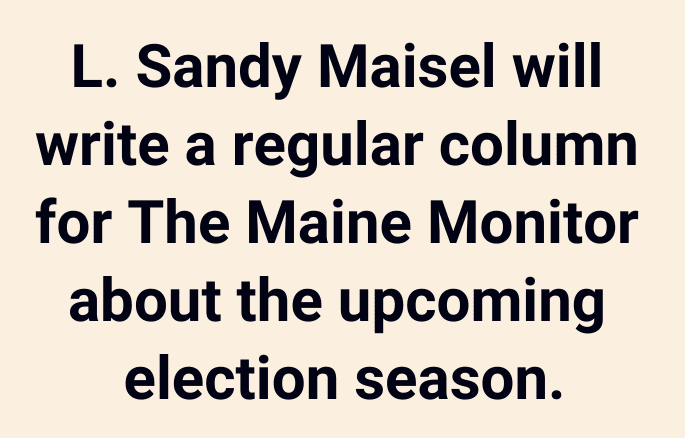
That does not mean that Trump will not be visible while the others are debating. The New York Times reports that Trump will sit down for an online interview with Tucker Carlson, timed to give him an audience at the same time his opponents are debating.
Such an interview would be a slap in the face of both the Republican National Committee, which wants to control the nominating process, and to Fox, which canceled Carlson’s show but still has him under contract, keeping him from competing with his Fox replacements.
Earlier, Trump threatened to sit in the audience, to hold the candidates accountable for what they say. And, of course, Trump being Trump, he can always change his mind and appear at the debate. He has proven to be a master of controlling the media message, and few doubt he will attempt to do so in this case as well.
Why, with Trump’s absence, should we pay attention to Wednesday’s debate? At least seven contenders will be on the stage — Doug Burgum, Chris Christie, Ron DeSantis, Nikki Haley, Mike Pence, Vivek Ramaswamy, and Tim Scott. Each qualified for the debate by showing at least a small amount of support in either national polls or state polls in early contest states and by receiving donations from at least 40,000 individual.
Five declared candidates have not met one or the other of those criteria, but two — Miami mayor Francis Suarez and businessman Perry Johnson — claim to have met the criteria in recent days, claims not yet confirmed by the RNC. Former Arkansas governor Asa Hutchinson is still hopeful to reach the donor threshold.
Never heard of these people? They include a former vice president, five sitting or former governors, a United States Senator, a major city mayor, and three very successful businessmen.
They include at least three of the strongest critics of former President Trump, at least three who favor his policies but oppose his style, and two whom Trump has praised because “they have been very nice to me.”
If you oppose Trump, you should watch the debate to see if any of his opponents prove to be effective critics of Trump and would likely provide strong opposition to Biden. If you favor him, you might be looking for future Trump running mates. If you have no dog in this GOP fight — for whatever reason — you should watch to see what the future of the Republican Party might look like, for the future generation of GOP leaders will be among those on the stage.
Political analyst after political analyst, as each new surprising event unfolds, notes that this election will be like none other. I agree, but as citizens we cannot just be amazed at what we are seeing, we need to be part of it.
The future of the Republican Party, the future of democratic elections as we know them, and in an existential sense, the future of our democracy depends on the election process that formally begins on Wednesday.
We might not find the process to be what we have come to expect, but it is consequential and demands our attention and participation.


